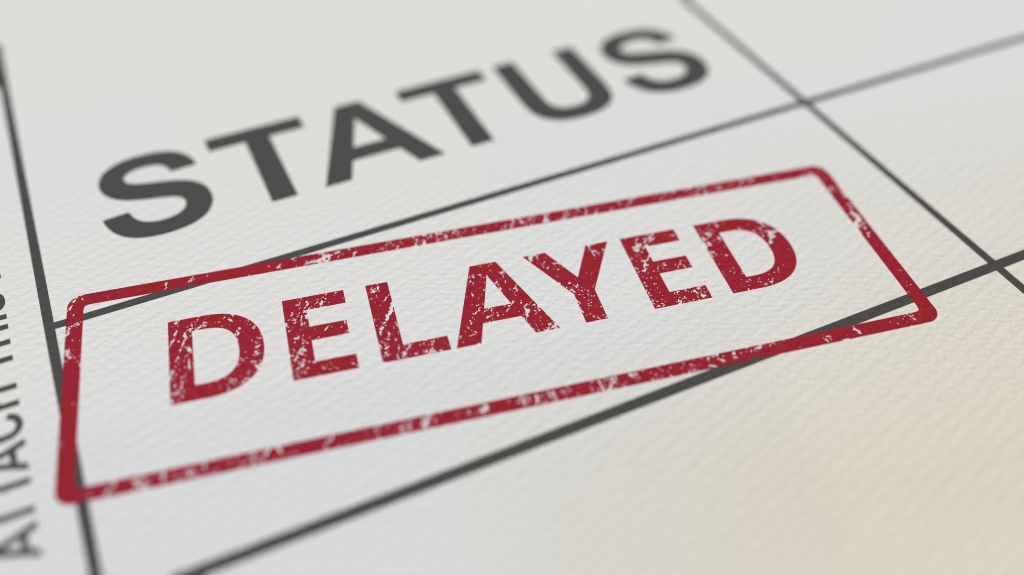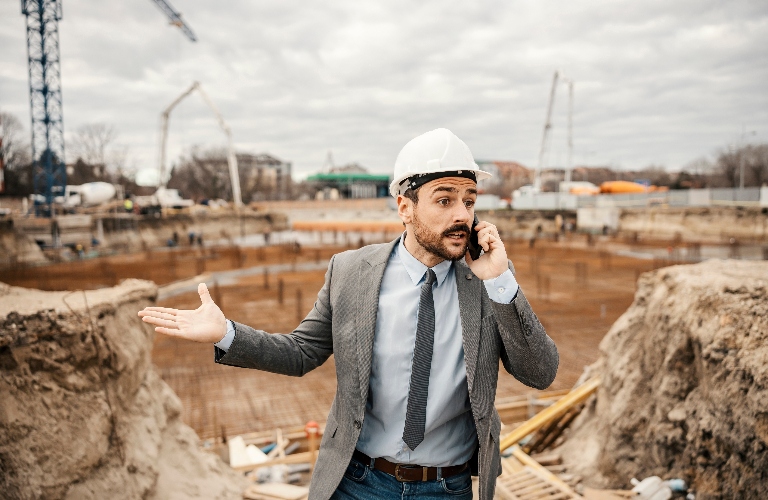Strategies for Resolving Delay Claims in Construction

Construction delays are common, but they are also costly. In California, delay claims can disrupt project timelines, inflate budgets, and trigger legal disputes between owners, contractors, and subcontractors. This is something you want to avoid. Whether you are managing a public works project or a private development, understanding how to resolve delay claims efficiently is critical.
At Plumtree & Brunner, LLP, our California construction lawyers understand how problematic delays can be and how to resolve them. Here are key strategies for navigating delay claims under California law.
Knowing the Types of Delay Claims
Before resolving a delay claim, it is essential you identify the type of delay involved:
- Excusable Delays: Caused by events beyond the contractor’s control (e.g., weather, labor strikes, material shortages). This might entitle the contractor to a time extension but not compensation.
- Compensable Delays: Caused by the owner or other parties (e.g., late design changes, site access issues). This might entitle the contractor to both time and monetary compensation.
- Concurrent Delays: When multiple delays overlap, often caused by both owner and contractor. These require careful analysis to allocate responsibility to the appropriate parties.
- Non-Excusable Delays: These delays are caused by the contractor’s own actions or inactions. They will typically result in liquidated damages or penalties.
Conduct a Review of Contract Terms and Notice Requirements
California courts heavily rely on the construction contract to evaluate delay claims. Key provisions courts consider include:
- Force Majeure Clauses: Define excusable events and limitations.
- Notice Requirements: Most contracts require written notice of delay within a specific timeframe.
- Liquidated Damages: Pre-set penalties for late completion.
- Change Order Procedures: Outline how delays tied to scope changes should be handled.
Even valid claims may be barred recover due to failure to comply with notice or documentation requirements.
Document Everything Related to Your Project
Detailed documentation is critical to any successful delay claim. Parties should keep:
- Daily logs and progress reports
- Updated construction schedules (baseline vs. impacted)
- Correspondence related to delays
- Change orders and RFIs
- Photos, inspection reports, and third-party assessments
In California, courts and arbitrators expect detailed evidence to support delay claims. Lack of documentation weakens credibility and damages recovery potential.
Consider Mediation or Dispute Resolution Boards
Litigation is costly and time-consuming. California construction contracts often include alternative dispute resolution (ADR) provisions, such as:
- Mediation: A neutral third party facilitates settlement discussions.
- Dispute Resolution Boards (DRBs): Panels of experts provide non-binding recommendations during the project.
- Arbitration: A private process that results in a binding decision.
Early ADR can preserve relationships, reduce legal fees, and lead to faster resolution of delay claims.
Evaluate Damages and Mitigation Efforts
To recover compensation for a delay, the claimant must prove actual damages. This may include:
- Extended overhead costs
- Idle labor and equipment
- Increased material costs
- Lost profits or productivity
California law also requires parties to mitigate damages. Owners and contractors should explore acceleration, resequencing, or alternative sourcing to reduce delay impact. Courts may reduce awards if mitigation efforts were lacking.

Know the Differences Between Public and Private Projects
Delay claims on public projects in California are subject to stricter rules:
- Claims must comply with the California Government Claims Act
- Prevailing wage and prompt payment statutes may apply
- Sovereign immunity may limit certain damages
Private projects offer more flexibility but still require adherence to contract terms and California Civil Code provisions.
Avoid Costly Delay Claims with Advice from a California Construction Attorney
Resolving delay claims is an essential part of keeping your project on track. Utilizing negotiating tactics and litigation when necessary, you can empower your company to avoid delays in the future.
Our team at Plumtree & Bruner, LLP provides you the necessary guidance to avoid construction delays. Contact us today for a consultation.

